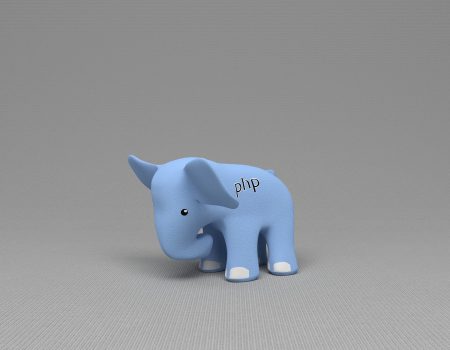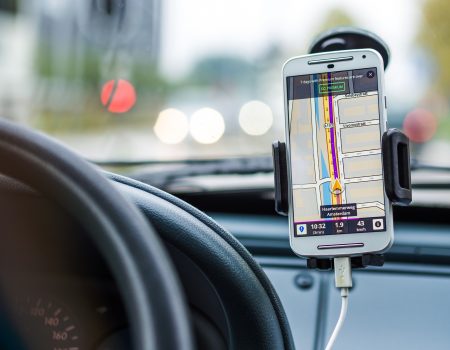Artificial Intelligence Could Adversely Affect Job Prospects in Certain Sectors – Studies Reveal

Our Recent Posts

October 2, 2019
Why Magento is the Best Ecommerce Platform For Your Business?
The advent of online shopping has revolutionized the manner in...

September 16, 2019
Why PHP Is the Ideal Programming Language
PHP is one of the most popular server side scripting...

September 10, 2019
Machine Learning & Artificial Intelligence Helping Drive Retail Sales
It is becoming evidently clear that the shopping experience is...
